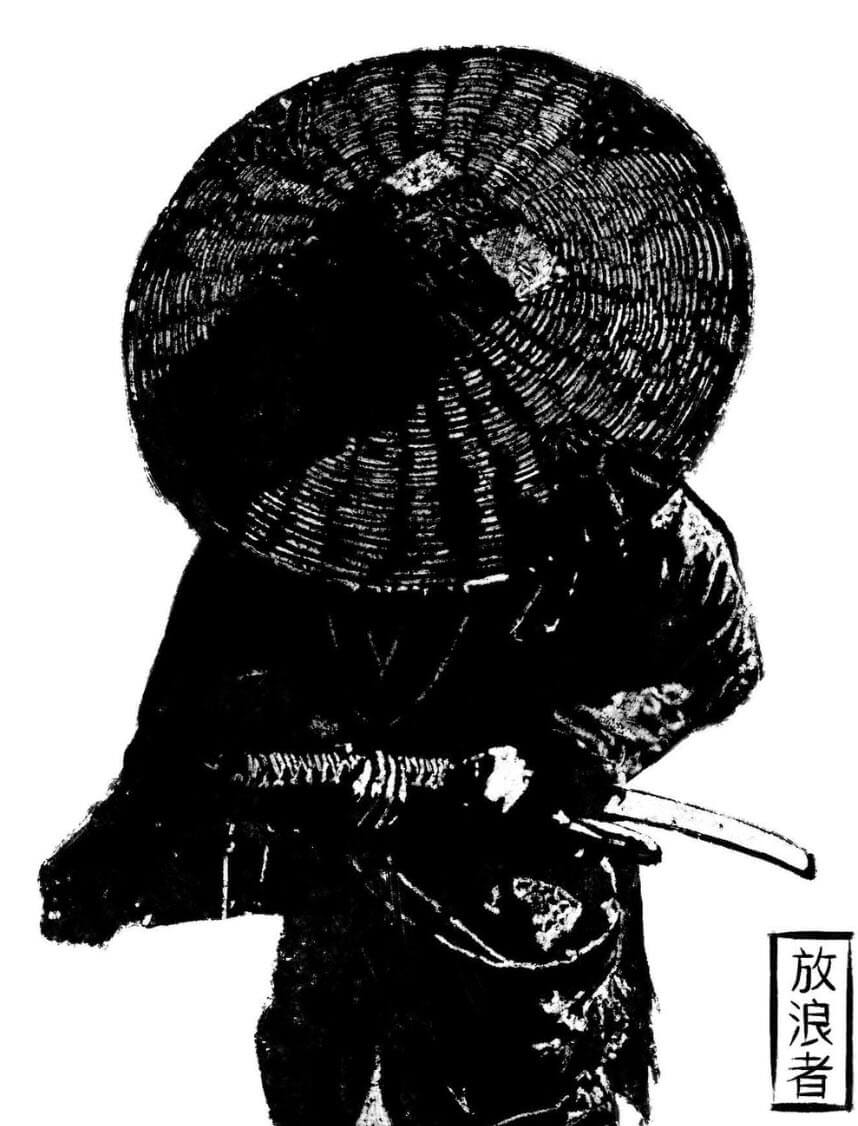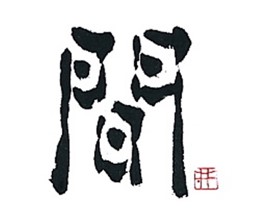Whenever planning to conduct a major military expedition, you should first employ spies to determine the enemy’s troop strength, emptiness or fullness, and movement and rest, and only thereafter mobilize the army. Great achievements can then be attained, and you will always be victorious in combat. The Art of War states: “There are no areas in which one does not employ spies.”
(Translation by Ralph D. Sawyer)
Notes:
· The title ‘Spies’ (jian, 間) refers to those persons who “create dissension and divide the enemy.” In the world of covert operations it refers to an “agent provocateur,” who’s activities include sowing dissension within a court by estranging rules from their ministers, and besmirching successful generals and meritorious officials. But it also refers to the idea of an “agent” or “spy” in general, the person who gathers confidential information, secret intelligence, and reports it back to his handler.
· The quote from Sun Tzu’s The Art of War (fa yue, 法曰) is from chapter 13, paragraph 18, in the translation of Giles (1910): “[Be subtle! be subtle!] and use your spies for every kind of business.”
Original Text:
凡欲征伐,先用間諜,覘敵之眾寡、虛實、動靜,然後興師,則大功可立,戰無不勝。法曰:「無所不用間也。」
Historical Example:
The text gives the example of Wei Xiaokuan (韋孝寬, 509–580 CE), a general known for using atypical strategies in both offense and defense, including extensive use of espionage and forgeries to undermine the morale of opposing forces. He achieved a lasting historical reputation for his operation spreading rumors and false prophetic verses about the general Hulü Guang, by employing secret agents and agents provocateurs, which resulted in Hulü Guang’s execution.

